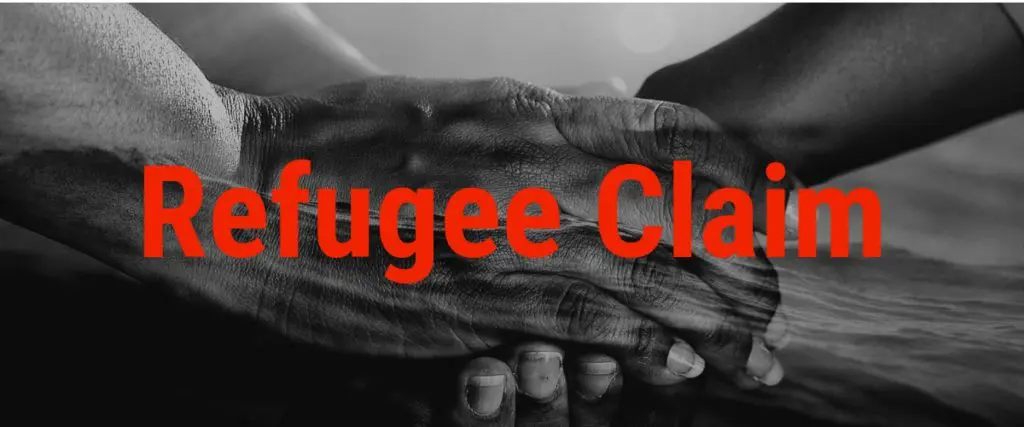Individuals who fear returning to their country of Citizenship
Refugee Claim Inside of Canada

Refugee Claim inside of Canada
It is advisable to have a refugee lawyer assist you in understanding the steps and procedures to be able to claim refugee protection in Canada as not all cases would allow a person to obtain protection in Canada.
Who is a refugee claimant?
A refugee claimant is a person who is either a convention refugee or a person in need of protection.
The Refugee Protection Division will determine if a person is a Convention refugee or a person in need of protection.
Convention refugees are defined as individuals who is outside of their home country or the country they normally live in. They are not able to return because of a well-founded fear of persecution based on:
- race
- religion
- political opinion
- nationality, or
- membership in a social group, such as women or people of a particular sexual orientation.
A person in need of protection is a person in Canada who cannot return to their home country safely.
This is because if they return to their home country, they believe that they would be subject to a:
- danger of torture
- risk to their life, or
- risk of cruel and unusual treatment or punishment.
When is a person not Eligible to make a refugee claim in Canada?
Some individuals may not be able to make a refugee Claim in Canada if they:
- Have been determined to be a Convention Refugee or Protected person in another country and they can return to that country or in Canada; or
- arrived via the Canada-United States of America border and the Safe Third Country Agreement Applied to you, see below; or
- are inadmissible into Canada on Security grounds, for Serious Criminality or human rights violations; or
- Made a previous claim in Canada for Refugee protection and it was refused, abandoned or withdrawn the c or they were found ineligible; or
- Made a refugee claim in a country with which Canada has an information-sharing agreement
What is the Safe Third Country Agreement and how does it impact a Refugee Claim?
NOTE: The Federal Court of Canada determined on July 22, 2020, that the provisions enacting the Safe Third Country Agreement infringe the guarantees in section 7 of the Charter.
See Federal Court determines that the Safe Third Country Agreement violates section 7 of the Charter.
This means that a foreign national who arrived in the United States of America first must claim protection in the United States of America, unless one of the exceptions under the agreement applies to them only then would they be able to claim protection in Canada.
The Safe Third Country Agreement applies only to refugee claimants who are seeking entry into Canada from the United States of America from one of these entry points:
- at Canada-U.S. land border crossings
- by train or
- at airports, only if the person seeking refugee protection in Canada has been refused refugee status in the U.S. and is in transit through Canada after being deported from the U.S.
There are four exceptions to the Agreement:
- Family member exceptions such as if you have a family member in Canada
- Unaccompanied minors exception
- Document holder exceptions
- Public interest exceptions
